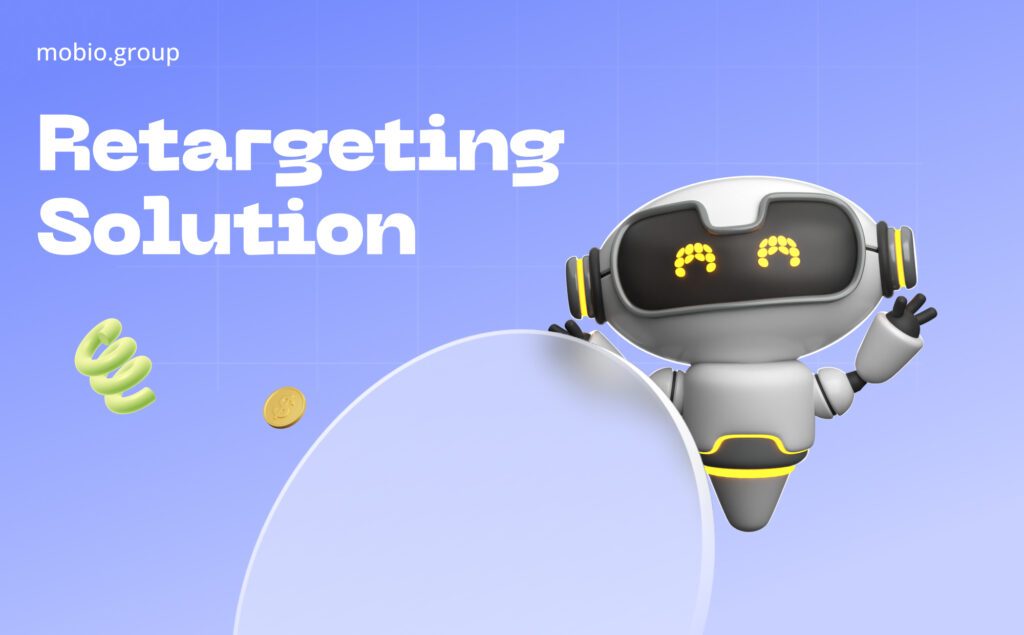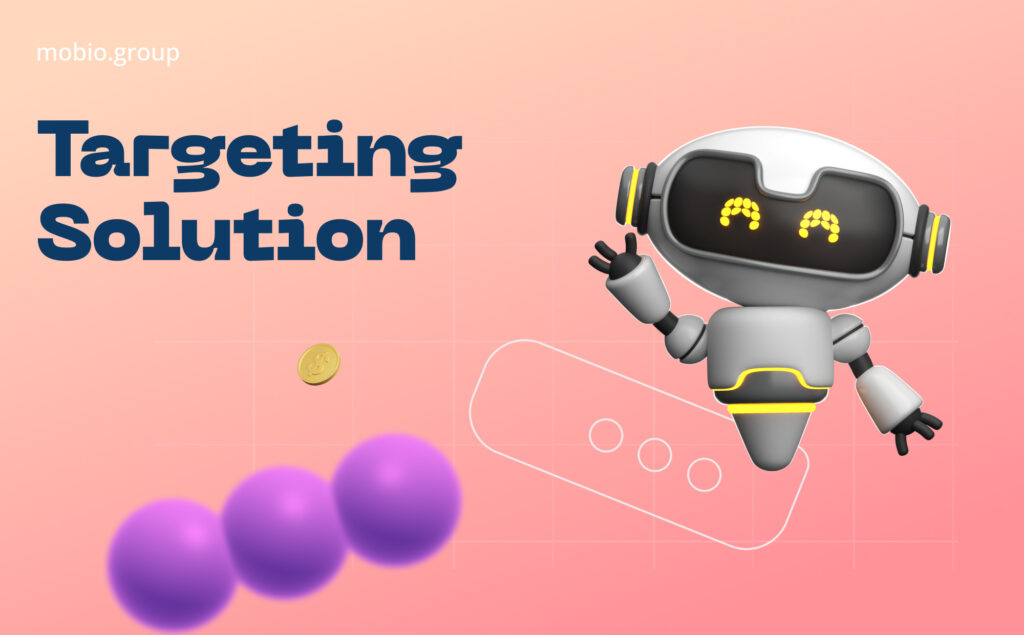Privacy Sandbox for Android: The Future of Retargeting in an Increasing Privacy Environment | Mobio Group

One of the foundations of retargeting is the ability to use data properly to identify and track users. But now we are in an era of increased user privacy. First there was the introduction of app tracking transparency by Apple (ATT), now we expect the introduction of Google Privacy Sandbox for Android and Google’s abandonment of GAID (Google Advertising ID).
As of today Privacy Sandbox for Android is at the testing stage and no exact dates for the full launch have been announced yet, unlike Privacy Sandbox for Chrome — its implementation and rejection of third-party cookies for all users is scheduled for the second half of 2024.
In this article Mobio Group team will try to understand what mobile app retargeting will be like in the near future and how to prepare for the upcoming innovations.
First of all, let’s understand what Google Advertising ID (GAID) is, so that we can clearly understand what we will lose if we disable it. So, GAID is a set of characters created for an Android smartphone or tablet during its initial setup. By itself, it does not contain any personal data of the user, but due to innovations ad networks gain insight into user behavior, and advertisers and marketers track ad interactions and conversions. Thus, the use of GAIDs enables the collection of data necessary for targeting and retargeting advertising.
In order to reduce the sharing of device identifiers and block the transfer of user data to third parties, Google plans to implement Privacy Sandbox on Android. Privacy Sandbox on Android is designed to significantly reduce the use of GAID, but at the same time to provide marketers with alternative mechanisms for creating effective advertising campaigns, and users — the ability to receive advertising that matches their interests.
How Privacy Sandbox Works on Android?

As we mentioned above, advertisers now get data on ad campaign effectiveness such as ad views and clicks, app installs, in-app actions using GAID. Privacy Sandbox offers to measure the effectiveness of ad campaigns using an attribution API. Two types of reports are offered within the API:
Event Reports
Provide data about the top of the funnel such as campaign, sub-campaign, creative, click ID. To protect user privacy, these reports are very limited in event measurements, assuming a one and two day delay for view and click attribution respectively, and a maximum of three feedbacks for a single source. But they do work with click ID, and this gives ad networks the ability to capture data about the ads they run.
As a result, event reports are of interest more for advertising networks, as they display user interaction with running ads, but they are not informative enough for marketers.
Aggregated reports
Contain more detailed information for marketers as they include lower funnel data such as number of purchases, revenue, as well as upper funnel data like campaign, date, creatives. The data is sent on the same day, but is not linked to specific users.
The difficulty is that the reports do not provide user-level data on the advertiser’s side, which makes it impossible to combine the data with the analysis of data sent by the Google Play install referrer.
Retargeting Solution

Retargeting means showing ads to users who have already interacted with the app in some way, and now GAID is essential for creating such audiences.
In the future Google plans to limit the use of GAID, up to the complete termination of its support and instead offers Protected Audience API (formerly FLEDGE) — a solution that is as privacy-oriented as possible, due to the fact that it is embedded on the device and all the management of audiences and advertising takes place on the device, without sending data to servers.
Protected Audience API includes several APIs for the most common scenarios of using retargeting audiences:
Custom Audience API — allows you to add a user to an advertiser-designated audience. The audience information is stored on the device and communicates with ad platform metadata, which provides candidate ads for that audience and reads signals to determine ad rates and filter ads.
Ad Selection API — communicates with the advertising platform to select and display ads, assign bids, and evaluate ad effectiveness.
Targeting Solution

To provide users with interesting ads without using third-party identifiers, Google offers us the following solution.
Topics API with its help the mobile device will analyze the user’s interactions with applications for a certain period of time (today it is a week) and determine the 5 most interesting topics during this period.
Topics are identified based on publicly available information about the app (app name, app description) using a trained classifier model. The initial models will be trained by Google.
As we can see, the age of privacy poses two major challenges for marketers: data limitations and data aggregation. Predictive analytics, cohort analysis, incremental measurement, and new measurement tools and techniques can partially solve these problems.
Mobio Group’s team, like all leading experts in the field, is in the process of adapting to changes in advertising due to standards dictating privacy rules. Our experts are actively learning new solutions, methods and tools to ensure the effectiveness of our advertising campaigns without the use of personal identifiers.


